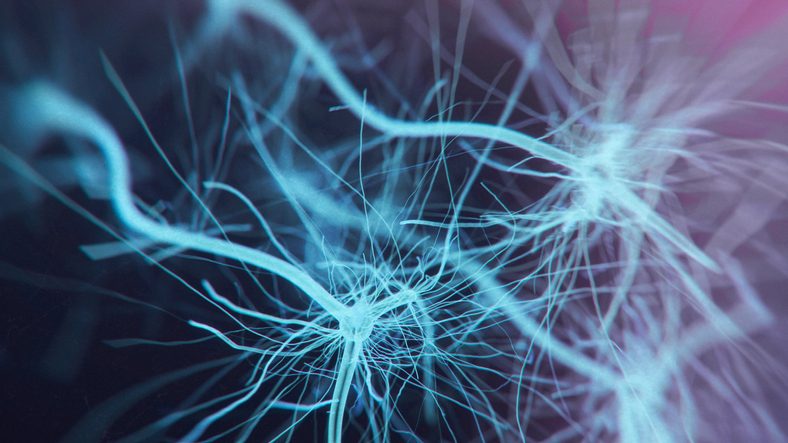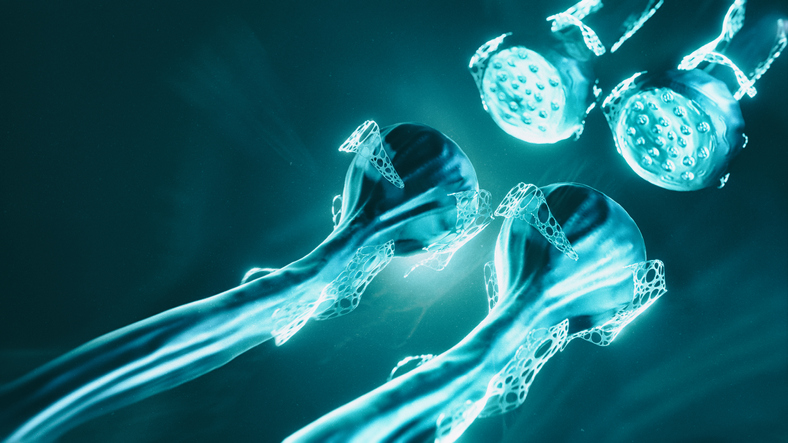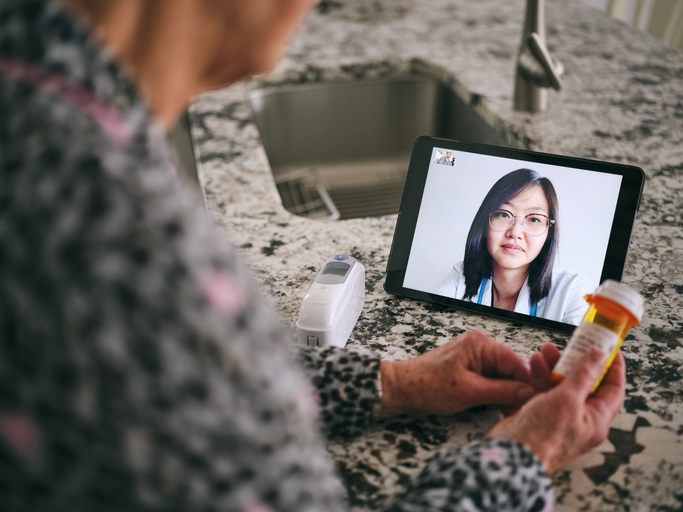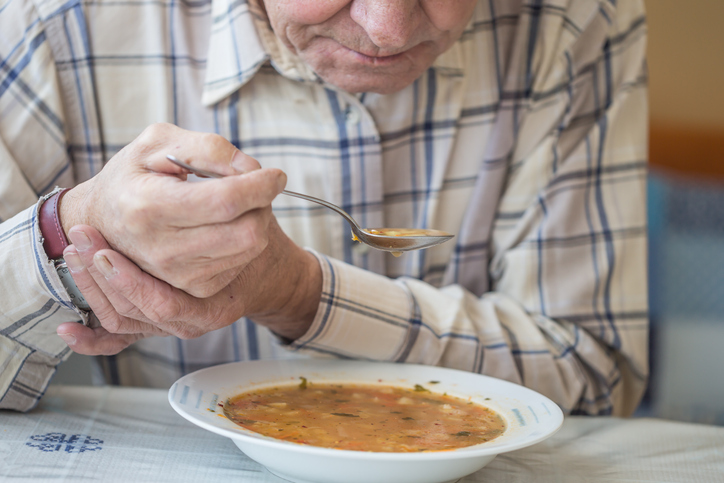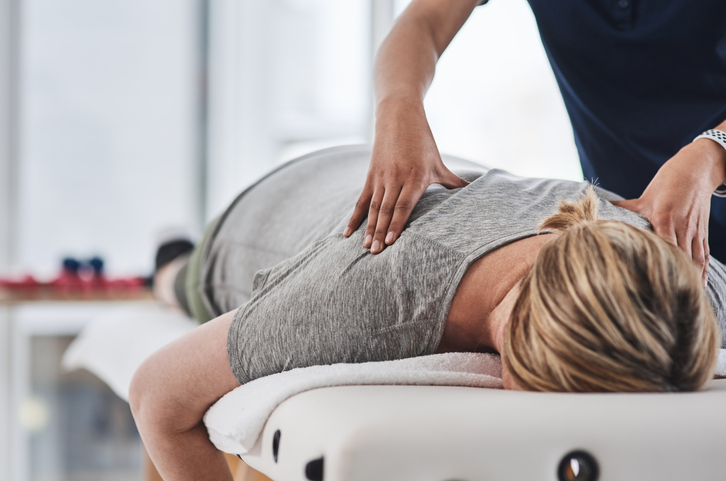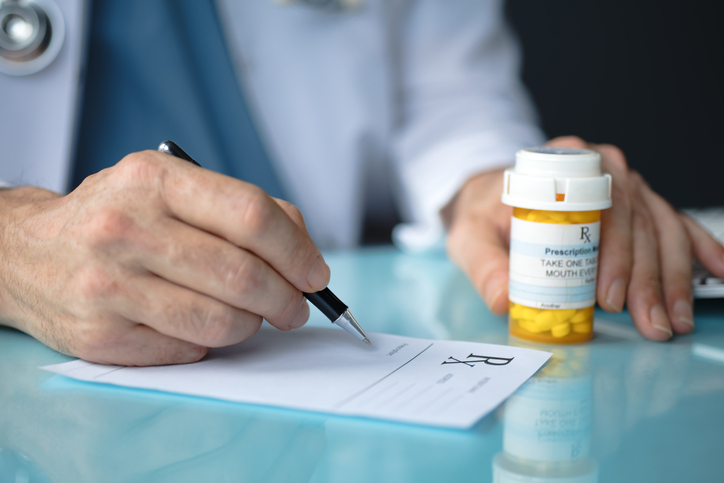Pain
Progression and Potential Complications of Primary Lateral Sclerosis (PLS)
Source: National Center for Biotechnology Information: U.S. National Library of Medicine: National Institutes of Health, Mayo Clinic, National Center for Biotechnology Information: U.S. National Library of Medicine: National Institutes of Health, Healthline
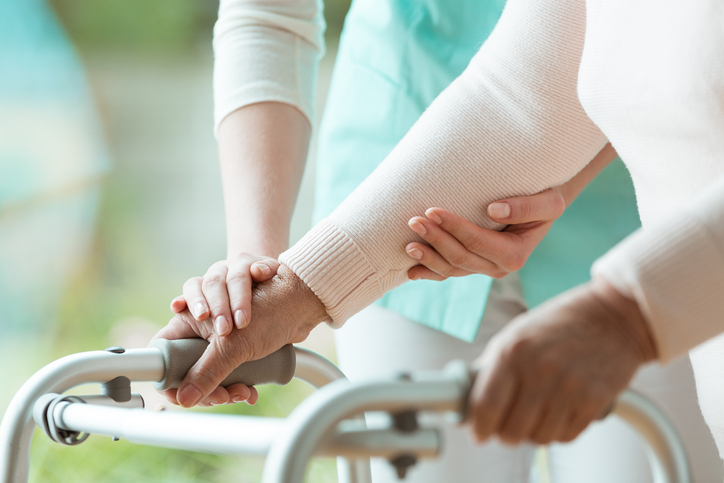
Do you find this helpful
Print
Share
Save
What is primary lateral sclerosis (PLS)?
Primary lateral sclerosis (PLS) is a rare neuromuscular disorder that involves the gradual degeneration of nerve cells — more specifically, upper motor neurons — in the brain. Upper motor neurons are responsible for the initiation of voluntary movements and help with body posture. PLS belongs to a group of conditions known as motor neuron diseases.
Progression
There are two main patterns of PLS progression: ascending and multifocal. A key feature of PLS is relatively slow progression.
- Ascending PLS
The ascending subtype of PLS generally involves a steady and predictable progression from one region to the next. Symptoms of this subtype typically begin with stiffness and weakness in one leg before spreading to the other leg. Eventually, stiffness and weakness progress to the trunk, then the arms, hands, tongue and jaw. On average, advancement of symptoms from the legs to upper extremities takes about three and a half years. Meanwhile, progressive motor impairment occurs in the areas that were affected first. The median interval when cranial nerves are affected is a year and a half after the upper extremities. - Multifocal PLS
The spread of multifocal PLS has a less predictable pattern than ascending PLS. Progression from one area to another is asymmetric and patchy. For instance, initial progressive symptoms may ascend on only one side of the body, or onset may start in one limb and then spread to the face before affecting the corresponding limb on the other side of the body. About 50% of people with this subtype report periods where progression seems to stop. Like the ascending subtype, once symptoms reach the upper extremities, advancement to cranial nerves soon follows.
Potential complications
While adult-onset PLS does not seem to affect life expectancy, it can impact quality of life. Potential complications of PLS include the following:
- Falls
Weak muscles in the legs can lead to tripping, clumsiness, and poor balance. - Mobility impairment
While some with PLS maintain the ability to walk, others need assistive mobility devices, such as canes or wheelchairs. - Depression
Psychological stress associated with PLS can lead to depression. This may be treated with antidepressants. - Pneumonia
Pneumonia can develop as a result of accidentally inhaling food, saliva, or stomach acid into the lungs, due to difficulty swallowing.

